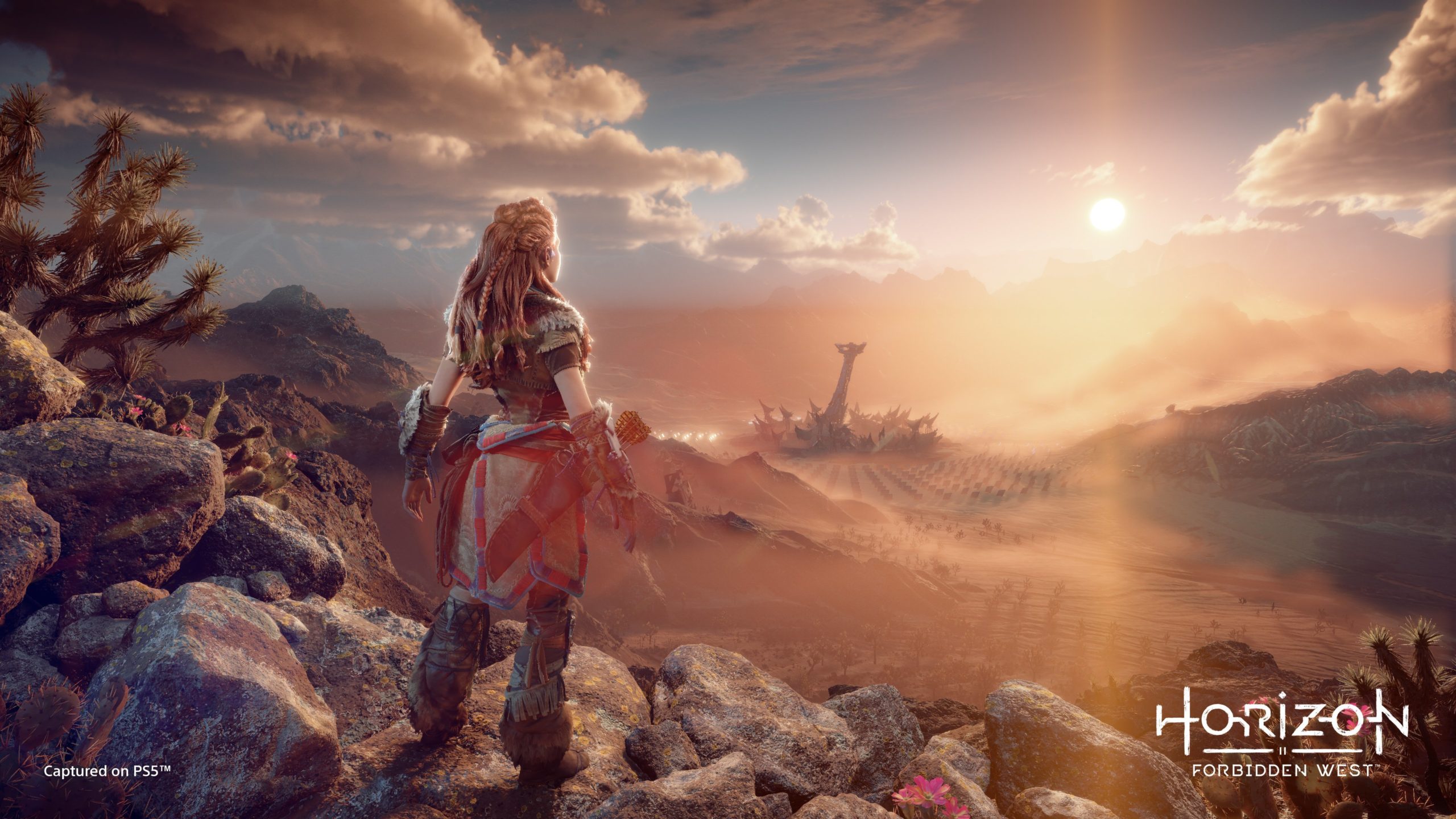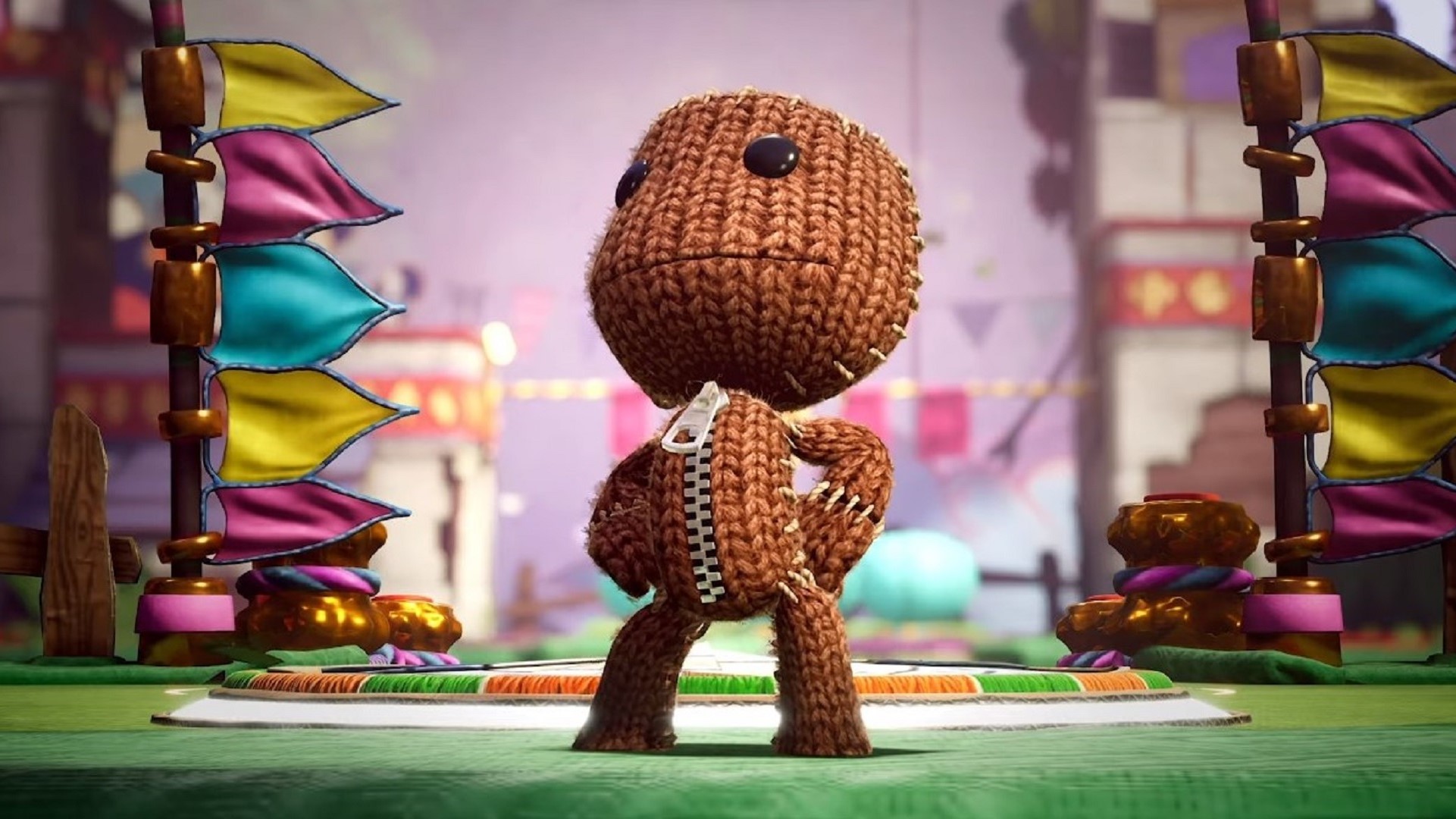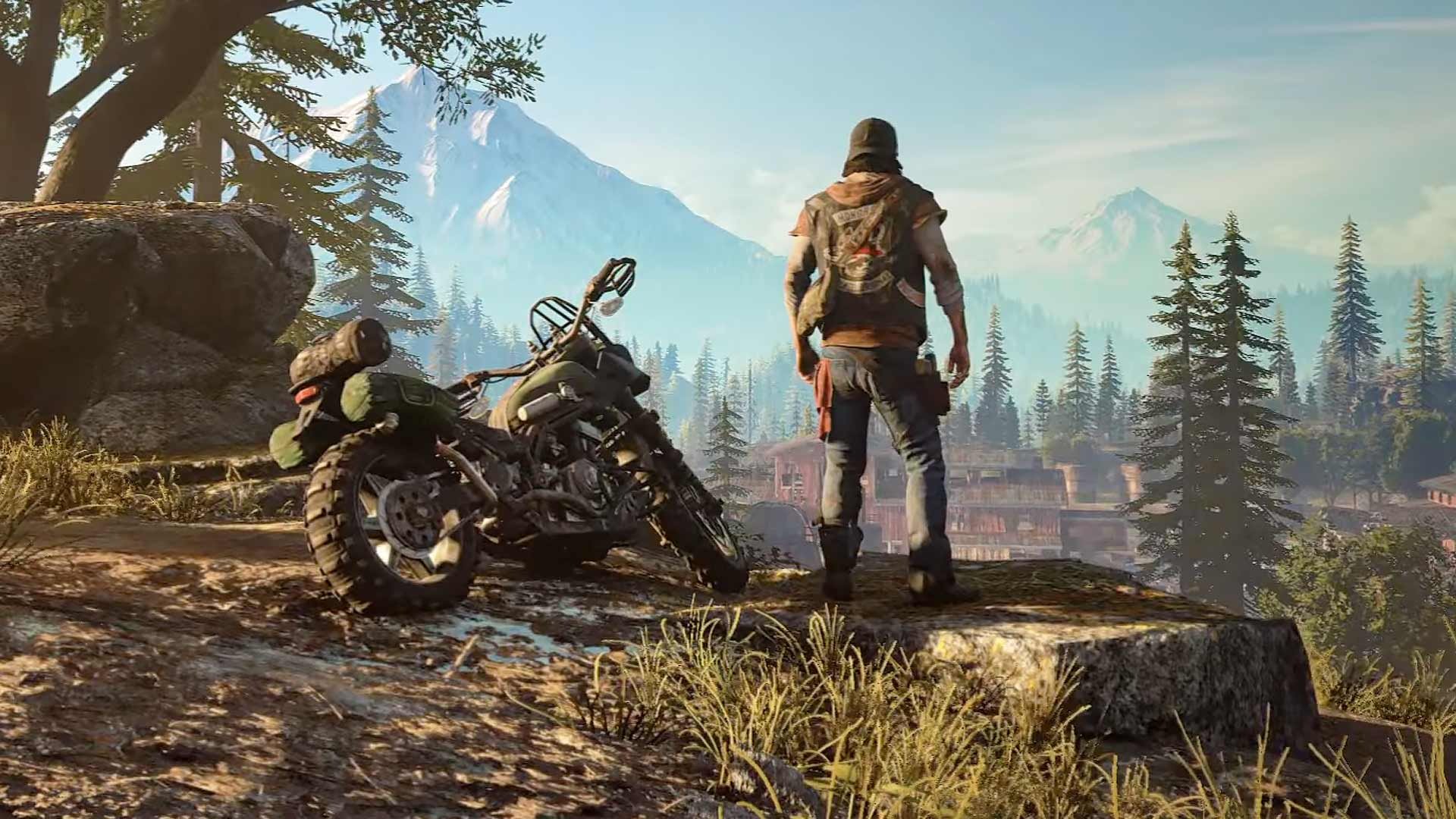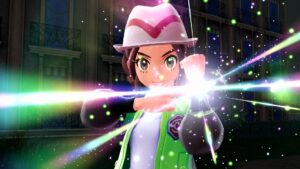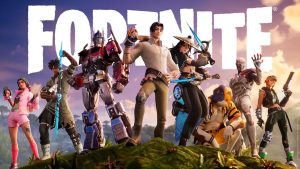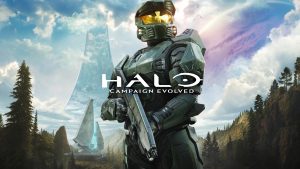
Over the last week or so, major revelations have come to light about the goings-on at Sony. A report was recently published by Bloomberg’s Jason Schreier, the central point of which was the new strategy the company has adopted for the development of PlayStation’s first party properties, and many pieces of information have emerged as a result that have been far from popular with the brand’s fanbase. The decisions seem to be ranging from misguided to shocking, and a general sense of disappointment with the company seems to be the common thread.
In case you’re not aware of what the report spoke of, here’s the basic gist of the situation- thanks to the critical and commercial success PlayStation has enjoyed with first party efforts like Horizon Zero Dawn, God of War, and Uncharted, Sony seems to have decided that that’s the only kind of game it wants to make going forward. With PSVR 2 in the works and the company also looking to expand into the mobile space, there will, of course, still be first party-developed projects that will be smaller or more experimental in nature, but where the flagship console pipeline is concerned, it seems Sony will only invest in the kind of AAA blockbuster games that can sell millions upon millions of copies and snag Metacritic scores of high 80s at the very least, to the exclusion of all else.
At first glance, on surface level, that doesn’t seem like such a bad decision. In fact, many people might feel like that’s exactly the sort of direction PlayStation needs to be taking. After all, Sony’s first party output in the eighth console generation has been defined by the likes of Uncharted 4, Horizon Zero Dawn, God of War, The Last of Us Part 2, Ghost of Tsushima, and Marvel’s Spider-Man- each of those games has not only been extremely well received by critics and audiences alike, but has also sold incredibly well. For Sony, it makes total sense as a business to focus more on games that can replicant and double down on that kind of success, and for fans, it’s great that they’re going to get to keep playing more excellent top-tier AAA story-driven games.
But this kind of a strategy is also going to have unwanted ripple effects, some of which we’ve already started seeing. Take Dreams, for example- Media Molecule’s creation engine is a masterful and ingenious combination of creativity, depth, and fun, and with the right marketing, it could have been a sensational hit. In spite of superlative reviews from pretty much all outlets and equally high praise from players, however, Dreams has been left by the wayside, with Sony all too happy to let the game fail to live up to its commercial potential. In fact, you have to wonder how Media Molecule itself is going to fare under this new Sony. As a studio, Media Molecule has always been about experimentation and making weird, unique games that no one else would make, and they have thrived with that kind of stuff. But with Sony now singularly focused on story-driven AAA blockbuster productions, what does that mean for Media Molecule?
There’s also SIE Japan Studio. Months of reports that Sony was de-emphasizing the Japanese market culminated in the news that its Japanese first party development was going to be almost entirely throttled. The entire development division of SIE Japan has been shut down, with the exception of Astro Bot developer Asobi Team (who will presumably be focused on PSVR content, alongside Blood and Truth developer SIE London Studio). But from Patapon to LocoRoco, from Ape Escape to Gravity Rush, from Siren to White Knight Chronicles, this was a studio that had been responsible for countless games that may not have set the world on fire with their sales, but brought unique flavours and variety to the PlayStation first party portfolio. Beyond that, they were also responsible for major releases like Shadow of the Colossus and The Last Guardian, and also provided crucial development support on titles like Demon’s Souls and Bloodborne.
Meanwhile, if recent reports are to be believed, Hideo Kojima’s next game is also going to be published by Microsoft and will be an Xbox exclusive. Kojima Productions is not, of course, a PlayStation first party studio, but given Kojima’s long association with PlayStation, and the fact that he already worked with them on his first independent game, which was Death Stranding, you’d think that that working relationship would continue. After all, who would say no to having a Kojima-developed game release exclusively on their platform, right? Well, apparently, Sony would. Because allegedly, Kojima did pitch his second game to Sony first, who were not too thrilled about how Death Stranding performed commercially, and ended up turning him down, which was how he ultimately wound up negotiating with Microsoft.
What’s worse, other second party studio relations Sony had cultivated over the course of the last few years also seem to have vanished, which means we can’t look to those for providing different kinds of experiences either. Until Dawn was one of PS4’s best early games, but Supermassive Games has now become a third party developer. Meanwhile, for a good few years, Quantic Dream was also an important cog in the PlayStation machine, with games like Heavy Rain and Detroit: Become Human, but they, too, have chosen to expand their horizons and become a multiplatform studio. Of course, Sony couldn’t have forced these studios to keep on working with them, but it’s not like they’ve looked to fill the void left behind in their absence.
What we’re seeing, then, is the death of variety in PlayStation’s first party portfolio. As far as quality is concerned, I don’t think there’s any reason to be worried. Guerrilla Games, Insomniac, Naughty Dog, Sucker Punch, and SIE Santa Monica have proven beyond a doubt that they’re capable of crafting excellent games, and clearly, they’re going to keep doing that in the years to come. And sure, that’s an exciting thing. But now that Sony seems to be focused on only making those kinds of games, we should be worried about a lack of variety- and, in turn, a lack of quantity.
It’s great that we’ll continue to see a stream of high quality, big budget releases from these first party developers, but if the games that used to fill the spaces between them and serve as pallet cleansers are going to be more or less non-existent, well, that is cause for concern. Maybe Sony could try partnering with independent developers for exclusive first party exclusives like they did with Sumo Digital for Sackboy: A Big Adventure? I hope so, but it’s too early to say anything for sure right now. Maybe they’ll try and fill the gaps with major third party exclusives? The likes of Deathloop, GhostWire: Tokyo, and Final Fantasy 16 are going to be at least timed console exclusives, and reports have suggested that there’s more deals like that in the works– but then again, deals like those are problematic by nature, and that’s a whole different can of worms.
In the interest of fairness, a lack of emphasis on experimental and relatively smaller games hasn’t been an issue for PlayStation in the recent past, and won’t be in the near future. The aforementioned Sackboy: A Big Adventure was a PS5 launch title, after all, and just a couple of months into the console’s life, we got Destruction AllStars. Meanwhile, PS5’s next two big exclusives are Returnal and Ratchet and Clank: Rift Apart, while collaborations and partnerships with indies and AA studios are also resulting in exclusive releases like The Pathless, or the upcoming Kena: Bridge of Spirits. But with Sony pivoting the way it reportedly has in its approach to first party development, it’s likely that in the long term, games like those will become increasingly rare.
Here’s the thing though- that it will potentially lead to a lack of variety isn’t the only thing that’s wrong with Sony’s strategy of focusing only on blockbuster big budget titles. The problem is that even their definition of what a blockbuster big budget title is seems unclear. Days Gone may not have set the world on fire with its critical reception, but the game sold very well, and with healthy post-launch support, turned into a much better game over time than what it launched as, and has by now amassed a healthy and passionate fanbase. That, combined with the inherent potential of a presumably improved sequel, would make one think that a sequel was pretty much inevitable. As it turns out- no, it’s not. According to the aforementioned Bloomberg report, SIE Bend Studio did indeed pitch a Days Gone sequel, but Sony, who weren’t satisfied with the lukewarm critical reception for the game (which currently sits at 71 on Metacritic), decided that a sequel wasn’t worth investing in. Bend is reportedly now working on a new IP, which is good news- but for all its issues, Days Gone had a lot of potential in its underlying mechanics, was a commercially successful game, and had a healthy fanbase, and yet still, a sequel wasn’t greenlighted. That’s not only disappointing, it’s also quite baffling.
According to Schreier’s report, the game that Sony did decide was worth investing in was, shockingly enough, a remake of The Last of Us, for which Sony’s Visual Arts Service Group (or VASG) in San Diego were initially lead developers, but were relegated to being support staff, with Naughty Dog taking over the project. The problem here is instantly obvious- why the hell does The Last of Us need a remake? The game came out in 2013, it received a remaster in 2014, and it still plays and looks better than most games that come out even today. Sure, by the time this remake comes out, The Last of Us will probably be about a decade old, if not more- but even so, is anyone really asking for a remake of that game? The Last of Us is a massive property, and the first game has an unparalleled legacy, so Sony decides that sure, a remake is maybe not such a bad idea. But that’s exactly the problem with their approach- they don’t want to invest in smaller, experimental games, they don’t want to invest in sequels with potential like Days Gone 2, but they do want to invest in a wholly unnecessary remake of a game that’s not even that old- and a remake that no one ever even asked for, no less.
And Sony’s shifting strategies haven’t just been poorly received by fans. The Bloomberg report also spends quite a bit of time talking about how their obsession with blockbuster hits has been affecting morale within their first party studios as well. The aforementioned VASG had been trying to snag a solo project for a long time after having spent years as a support studio for other PlayStation developers, and they thought a remake of The Last of Us would be their chance to establish themselves as a lead developer. But of course, that wasn’t meant to be, with Naughty Dog eventually taking over the project. Meanwhile, SIE Bend Studio, after their Days Gone 2 pitch was turned down, were assigned to a new Uncharted game with supervision from Naughty Dog. But there were allegedly many at the studio who were worried that they would be absorbed into Naughty Dog and turned into a secondary support studio, especially since they are also apparently working on a multiplayer game with them (which will most likely turn out to be The Last of Us: Factions or something along those lines). It’s exactly because of that unrest that Sony agreed to take them off Uncharted and let them make a new IP. And in the cases of both VASG and Bend Studio, many creative leads and top developers who were unhappy with their situation have left and moved on to other companies and studios.
From a business perspective, most of the decisions Sony is making can be easily defended. A company’s first and most important responsibility is to turn a profit and make money for its shareholders, after all, so it makes sense that Sony wants to reserve its investments for the projects it feels will be the most profitable- and they’re focusing on doubling down on the excellent narrative-driven single player games they’ve built their reputation on this past decade, so it’s not like they’re deciding to shirk on quality, either. But the almost complete lack of communication on Sony’s part hasn’t done them any favours. Because who knows, maybe the decisions they are making and have made in the last few months are actually for the best and will turn out great, and we’ll realize that people were panicking for no reason at all. But Sony has been all too happy to say absolutely nothing, and in a situation like that, what will people do beyond speculating and assuming the worst? The smart thing for Sony would be to get ahead of the speculation and put everybody’s fears to rest.
The incredible goodwill that they’ve built up for over two decades, after all, has been based on four spectacular consoles, excellent and varied first party output, and clear and respectful communication with their fans, and Sony seems to be eschewing many of those things right now. Is it a case of them thinking PlayStation is too big to fail? Who knows- that would, once again, be speculation… but it certainly feels like it.
Note: The views expressed in this article are those of the author and do not necessarily represent the views of, and should not be attributed to, GamingBolt as an organization.








